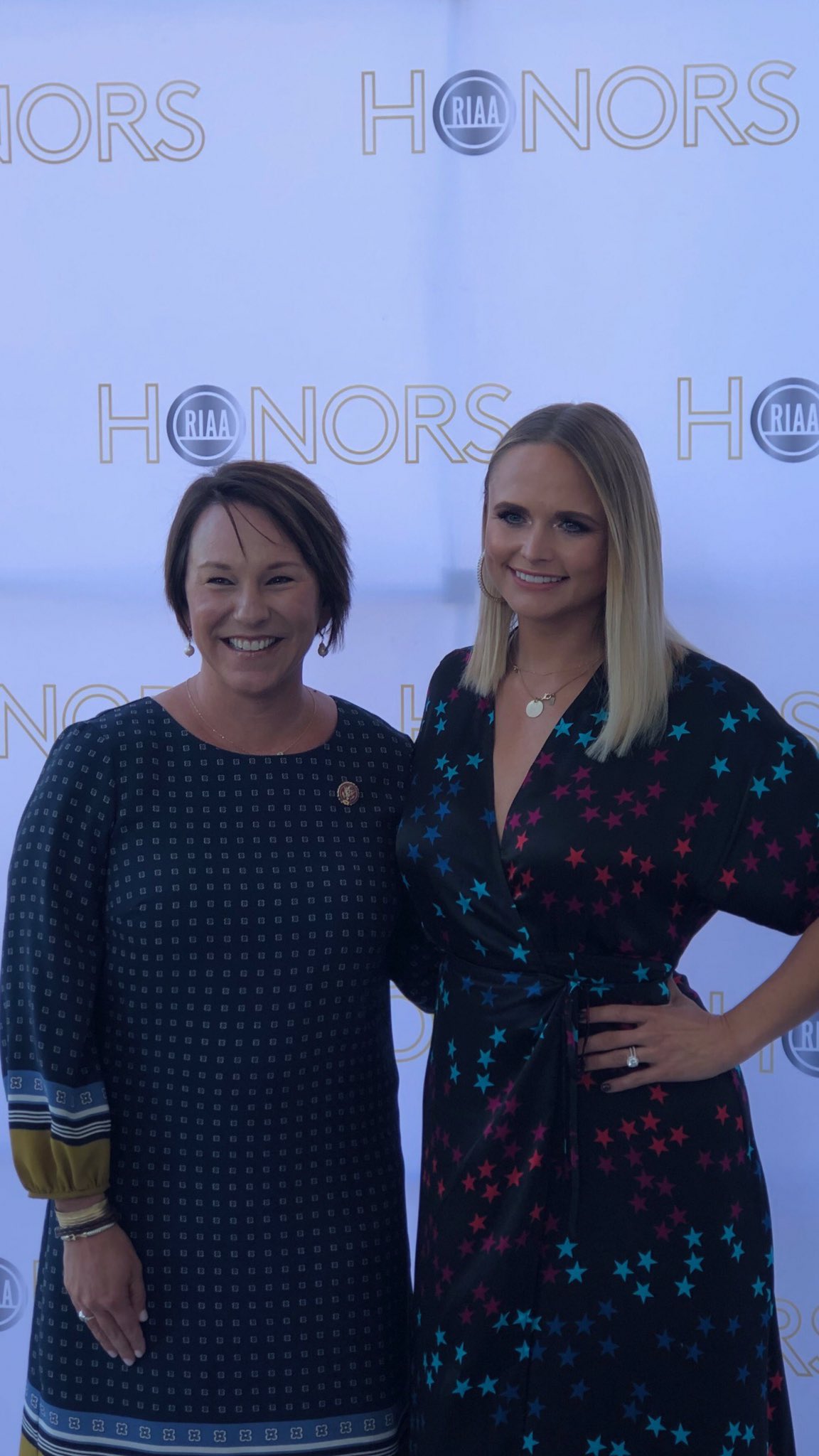|
Pau-Latina
''Pau-Latina'' is the seventh studio album by Mexican singer Paulina Rubio, released on February 10, 2004, by Universal Music Latino. Musically, Rubio wanted to make a "futuristic folk", thus incorporating eclectic latin music in its sound with instrumentation from techno beats, guitars, drums, synthesizers, strings and spanish guitars musical instruments. Its themes range from love, dancing, friendship and feminist. Contributions to the album's production came from a wide range of producers, including Emilio Estefan, Chris Rodríguez, Toy Hernández, Marzello Acevedo and Sergio George. Upon its release, the album received generally favorable reviews from music critics, who complimented its production and they considered it as the "follow-up" of her album ''Paulina'' (2000). The album debuted atop the Latin Albums ''Billboard'' charts in the United States and was certified double Latin Platinum by the Recording Industry Association of America (RIAA). The album became another s ... [...More Info...] [...Related Items...] OR: [Wikipedia] [Google] [Baidu] |
Paulina Rubio
Paulina Susana Rubio Dosamantes (; born 17 June 1971) is a Mexican singer. Referred to as "Honorific nicknames in popular music, The Golden Girl" and "Honorific nicknames in popular music, Queen of Latin Pop", she first achieved recognition as a member of the successful pop group Timbiriche from 1982 through 1991. After leaving Timbiriche, she embarked on a solo career. Rubio has sold over 15 million records, making her one of the best-selling Latin music artists of all time. Rubio's first two studio albums, ''La Chica Dorada'' (1992) and ''24 Kilates'' (1993), were commercial successes and made her then Capitol Latin, EMI Latin's best-selling Mexican female artist. In the mid-1990s, she adopted a more mature and Electronic dance music, electronic style for her next two albums, ''El Tiempo Es Oro (album), El Tiempo Es Oro'' (1995) and Planeta Paulina (1996), and made her feature film debut with a starring role in Bésame En La Boca (film), ''Bésame en la Boca'' (1995). Followin ... [...More Info...] [...Related Items...] OR: [Wikipedia] [Google] [Baidu] |
Dame Otro Tequila
"Dame Otro Tequila" ( en, Give Me Another Tequila) is a song written by Emilio Estefan, Ricardo Gaitán, Alberto Gaitán, Tony Mardoni and Tom Mcwilliams for Rubio's seventh album ''Pau-Latina'' (2004). It was produced by Emilio Estefan, co-produced by Gaitan Bros and Tony Mardini and released as the album's third single in North America and Latin America (see 2004 in music This is a list of notable events in music that took place in the year 2004. Specific locations *2004 in British music * 2004 in Irish music * 2004 in Norwegian music * 2004 in South Korean Music Specific genres * 2004 in classical music * 200 ...). Formats and track listing These are the formats and track listings of major single releases of "Dame Otro Tequila". ;Mexico CD promo #"Dame Otro Tequila - Album Version" #"Dame Otro Tequila - Quirri Mix" #"Dame Otro Tequila - Dance Remix" #"Dame Otro Tequila - Reggaeton" (feat. Baby Rasta) #"Dame Otro Tequila - Banda Urbana Version" Music video The video was ... [...More Info...] [...Related Items...] OR: [Wikipedia] [Google] [Baidu] |
Te Quise Tanto
"Te Quise Tanto" ( en, I Loved You So Much) is a song written by Coti Sorokin, Andahí and A. Schinoff and produced by Emilio Estefan Jr. and recorded by Mexican pop singer Paulina Rubio, and was included on her studio album ''Pau-Latina'' (2004). The track was selected as the lead single from the album, and was released in December 2003 in North America, Latin America and Spain (see 2004 in music). It reached the number one position in Argentina, Spain, Venezuela and in the ''Billboard'' Hot Latin Tracks chart in the United States for six non-consecutive weeks, the longest stay at the summit by the singer in that chart to date. Promotion Paulina performed the song at the 2004 Latin Billboard Awards. Chart performance In the United States, "Te Quise Tanto" becoming Rubio's first number one single on the ''Billboard'' Hot Latin Tracks chart; it spent a total of six weeks at the top position, while also reaching number one on the Latin Pop Airplay. The song managed to peak at numb ... [...More Info...] [...Related Items...] OR: [Wikipedia] [Google] [Baidu] |
Mía (Paulina Rubio Song)
"Mia" ''(English: Mine)'' is a song by Mexican pop diva Paulina Rubio from her seventh album Pau-Latina (2004). It was released as the album's fourth and last single in North America and Latin America. Background The song was written by Emilio Estefan, who also produced this song, Tom Mc-Williams, the Mexican duo Alberto and Ricardo Gaitán and the American Tony Mardini. The song was released on April, 2005 and got much attention due to its masculine lyrics. However, it quickly entered the charts and peaked #8 at Hot Latin Tracks and #5 at Latin Pop Airplay. To Paulina herself and her fans, this song is considered as her best ballad song in her career with Universal Records. Music video At the beginning, the public could not imagine the official video of "Mia" because the song had masculine lyrics and was supposed to be sung by a man. But when the video came out unexpectedly, it showed a cooler and fallen in love Paulina Rubio. During the video shooting Paulina said: - "I thi ... [...More Info...] [...Related Items...] OR: [Wikipedia] [Google] [Baidu] |
Border Girl
''Border Girl'' is the sixth studio album and first English-language album by Mexican recording singer Paulina Rubio. It was released on 18 June 2002 internationally by Universal Records and later launched in the Japan on August 21, 2002 by Umvd Labels. To her crossover into the English-language pop market, Rubio worked with writers and producers such as Kenny Flav, Lenio Purry, Doug Morris, Gen Rubin, Richard Marx, Brett James, Troy Verges, Michelle Bell, Jodi Marr and works again with Estefano and Marcello Acevedo. Its music incorporates genres of pop with influences of dance and pop rock, dived into elements of R&B, disco, ranchera, hip hop, house, and electronica. Its lyrics address the subjects of love, sexuality and self empowerment. Upon its release, ''Border Girl'' received positive reviews from music critics, many of whom praised its production and ability to combine musical genres. The album was a commercial success in America and Spain. In the US, the album peaked a ... [...More Info...] [...Related Items...] OR: [Wikipedia] [Google] [Baidu] |
Billboard Charts
The ''Billboard'' charts tabulate the relative weekly popularity of songs and albums in the United States and elsewhere. The results are published in '' Billboard'' magazine. ''Billboard'' biz, the online extension of the ''Billboard'' charts, provides additional weekly charts, as well as year-end charts. The two most important charts are the ''Billboard'' Hot 100 for songs and ''Billboard'' 200 for albums, and other charts may be dedicated to a specific genre such as R&B, country, or rock, or they may cover all genres. The charts can be ranked according to sales, streams, or airplay, and for main song charts such as the Hot 100 song chart, all three data are used to compile the charts. For the ''Billboard'' 200 album chart, streams and track sales are included in addition to album sales. The weekly sales and streams charts are monitored on a Friday-to-Thursday cycle since July 2015; previously it was on a Monday-to-Sunday cycle. Radio airplay song charts, however, follow ... [...More Info...] [...Related Items...] OR: [Wikipedia] [Google] [Baidu] |
RIAA Certification
In the United States, the Recording Industry Association of America (RIAA) awards certification based on the number of albums and singles sold through retail and other ancillary markets.RIAA certification criteria Retrieved on September 11, 2006 Other countries have similar awards (see music recording certification). Certification is not automatic; for an award to be made, the must first request certification. The audit is conducted against net shipments after returns (most often an artist's royalty s ... [...More Info...] [...Related Items...] OR: [Wikipedia] [Google] [Baidu] |
Recording Industry Association Of America
The Recording Industry Association of America (RIAA) is a trade organization that represents the music recording industry in the United States. Its members consist of record labels and distributors that the RIAA says "create, manufacture, and/or distribute approximately 85% of all legally sold recorded music in the United States". RIAA is headquartered in Washington, D.C. RIAA was formed in 1952. Its original mission was to administer recording copyright fees and problems, work with trade unions, and do research relating to the record industry and government regulations. Early RIAA standards included the RIAA equalization curve, the format of the stereophonic record groove and the dimensions of 33 1/3, 45, and 78 rpm records. RIAA says its current mission includes: #to protect intellectual property rights and the First Amendment rights of artists #to perform research about the music industry #to monitor and review relevant laws, regulations, and policies Between 2001 and 202 ... [...More Info...] [...Related Items...] OR: [Wikipedia] [Google] [Baidu] |
Hot Latin Songs
The ''Billboard'' Hot Latin Songs (formerly Hot Latin Tracks and Hot Latin 50) is a record chart in the United States for Latin songs, published weekly by ''Billboard'' magazine. Since October 2012, chart rankings are based on digital sales, radio airplay, and online streaming, and only predominantly Spanish language songs are allowed to rank. The chart was established by the magazine on September 6, 1986, and was originally based on airplay on Latin music radio stations. Songs on the chart were not necessarily in Spanish language, since a few songs in English and Portuguese language have also charted. The first number one song of the Hot Latin Songs chart was "La Guirnalda" by Rocío Dúrcal on September 6, 1986. As of the issue for the week ending on December 24, 2022, the chart has had 452 different number one hits, while 181 artists have reached number one (as a lead or a featured act). The current number one song is "Tití Me Preguntó" by Bad Bunny. History On September 6, ... [...More Info...] [...Related Items...] OR: [Wikipedia] [Google] [Baidu] |
Manu Chao
Manu Chao (; born José-Manuel Thomas Arthur Chao on 21 June 1961) is a French-Spanish singer. He sings in French, Spanish, English, Italian, Arabic, Catalan, Galician, Portuguese, Greek, and occasionally in other languages. Chao began his musical career in Paris, busking and playing with groups such as Hot Pants and Los Carayos, which combined a variety of languages and musical styles. With friends and his brother Antoine Chao, he founded the band Mano Negra in 1987, achieving considerable success, particularly in Europe. He became a solo artist after its breakup in 1995 and since then tours regularly with his live band, Radio Bemba. Early life Chao's mother, Felisa Ortega, is from Bilbao, Basque Country, and his father, writer and journalist Ramón Chao, is from Vilalba, Galicia. They emigrated to Paris to avoid Francisco Franco's dictatorship—Manu's grandfather had been sentenced to death. Shortly after Manu's birth, the Chao family moved to the outskirts of Paris, a ... [...More Info...] [...Related Items...] OR: [Wikipedia] [Google] [Baidu] |
Paulina (album)
''Paulina'' is the fifth studio album by Mexican singer Paulina Rubio. It was released on May 23, 2000 internationally by Universal Music Group and marks her first record production with American global music corporation. Rubio worked with writers and producers such as Estéfano (mostly), Armando Manzanero, Juan Gabriel, Christian De Walden, and Richard Daniel Roman. The album explores a more variety sounds much different to the vein of her albums with EMI Music, and has an overall latin pop and dance-pop vibe, with influences from rock, ranchera, bolero, funk and house. Elaborating a "synthesis of the end of the millennium" theme for the album, Rubio reinvented her image. ''Paulina'' was generally acclaimed by most critics and earned Latin Grammy Award nominations. In 2001, '' ''Billboard'''' cited it as the best-selling Latin album of 2001 in the U.S. The record was a commercial success, reaching at number one both the Top Latin Albums and Latin Pop Albums charts, and debuted on t ... [...More Info...] [...Related Items...] OR: [Wikipedia] [Google] [Baidu] |
Armando Manzanero
Armando Manzanero Canché (7 December 1935 – 28 December 2020) was a Mexican Maya peoples, Mayan musician, singer, composer, actor and music producer, widely considered the premier Mexican romantic composer of the postwar era and one of the most successful composers of Latin America. He received a Grammy Lifetime Achievement Award in the United States in 2014. He was the president of the Mexican Society of Authors and Composers (Sociedad de Autores y Compositores de México). Early life Manzanero was born in Ticul, Yucatán on 7 December 1935. His father was singer and composer Santiago Manzanero and his mother Juanita Canché Baqueiro played the jarana jarocha. At the age of eight he was introduced to the world of music at the ''Escuela de Bellas Artes'' (School of Fine Arts) of his native city, later furthering his musical studies in Mexico City. Career In 1950, at the age of fifteen, he composed his first melody titled ''Nunca en el Mundo'' (Never in the World), of which ... [...More Info...] [...Related Items...] OR: [Wikipedia] [Google] [Baidu] |
.jpg)


.jpg)

.jpg)